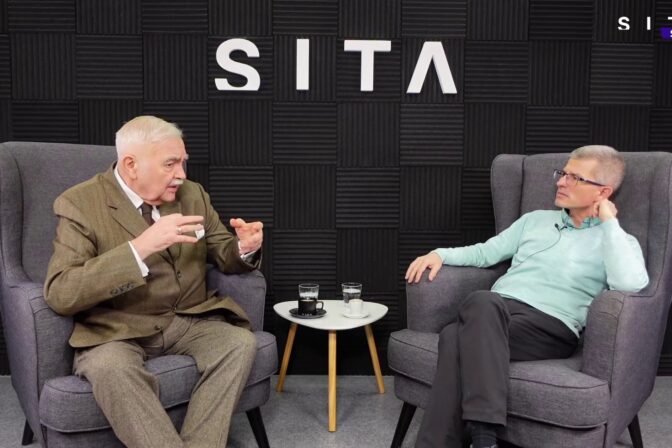BRATISLAVA, February 1, (WEBNOVINY) — In the parliamentary debate on the bill the president vetoed last month, the opposition SMER-SD MPs reject abolishing the institute of judicial candidates, contests for position of a judge and the further changes that Justice Minister Lucia Zitnanska (SDKU-DS) proposed in the draft bill on judges and lay-judges.
During the parliamentary session on Tuesday, SMER-SD MP Robert Madej criticized the fact that representatives of parliament and of the Ministry of Justice, as representatives of the legislative and executive branches, will be able to interfere into the selection of judges. Regarding the planned abolition of the institute of judicial candidates, he said that such training of experts is common in the judiciary elsewhere. He noted that also an advocate start as articled clerk and the process of selecting prosecutors is similar. Madej thinks that the amendment does not respect the division of powers in the state into three branches and is an excessive interference into independence of the judiciary. He therefore might consider a filing to the Constitutional Court. Coalition SaS MP Martin Poliacek opposed that the newly elected Parliament receives a mandate for changes even outside the legislative branch. It is therefore authorized to influence the executive or judiciary branch as well.
OKS MP Ondrej Dostal (of MOST-HID caucus) considers the issue of judicial candidates to be symbolic and typical for the judiciary. “Whether the judiciary should be a closed system, which clones itself, or whether it is supposed to be an open, transparent, trustworthy and better functioning system,” says Dostal on the possibilities how the system can further evolve. Coalition MPs did not allow the Supreme Court Chairman Stefan Harabin to present his position in parliament. It was therefore presented by SMER-SD deputy Dusan Jarjabek. Harabin is concerned that Zitnanska’s proposal is helpful to influential financial groups, able to push through their candidates for judges in job contests. Harabin also objected to the plans to make all valid court verdicts public; he considers this as infringing into the right of the participants of the individual case to privacy and may lead to repeated trauma of the victims.
Zitnanska wants to cancel the existing position of judicial candidates in order to make the election of judges as transparent and open as possible, “I do not say that children of judges cannot become judges but let them take part in a regular, transparent selection procedure”, said the minister in late 2010, when there were about 120 judicial candidates across the country. For example, Kosice courts register 18 candidates for judge while thirteen of them are relatives of current judges. This leads to controversies about missing openness and self-replication of the entire judiciary.
On Tuesday, the MPs vote on the amendment already for the second time. It was first adopted at the end of 2010, but President Ivan Gasparovic vetoed it.
SITA












